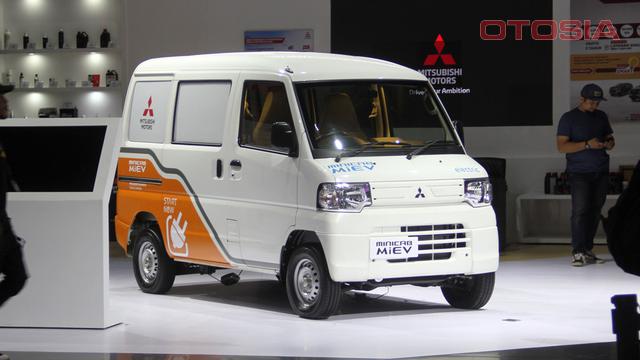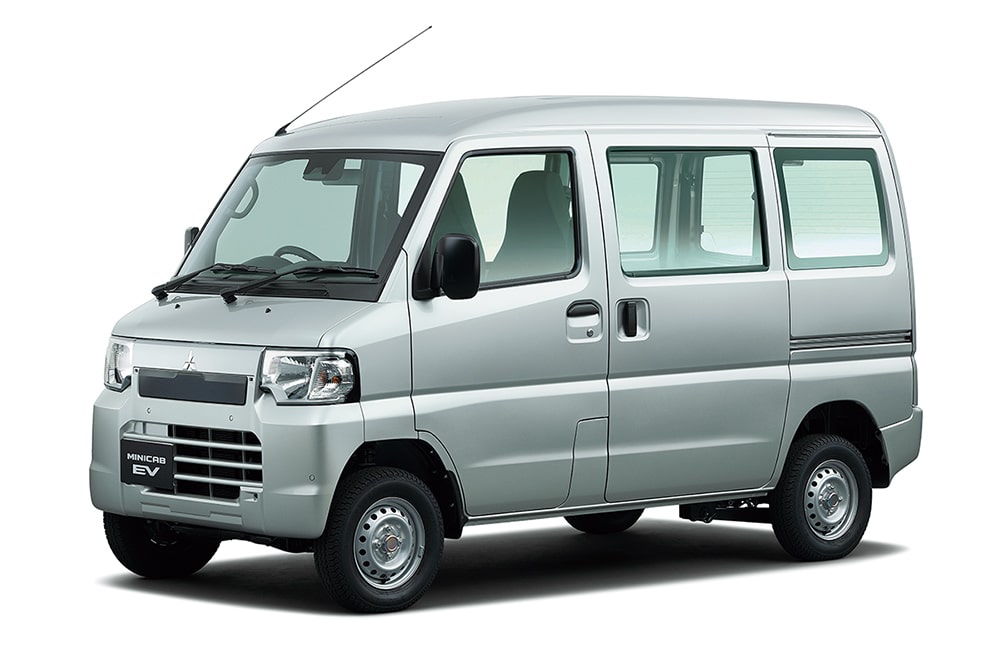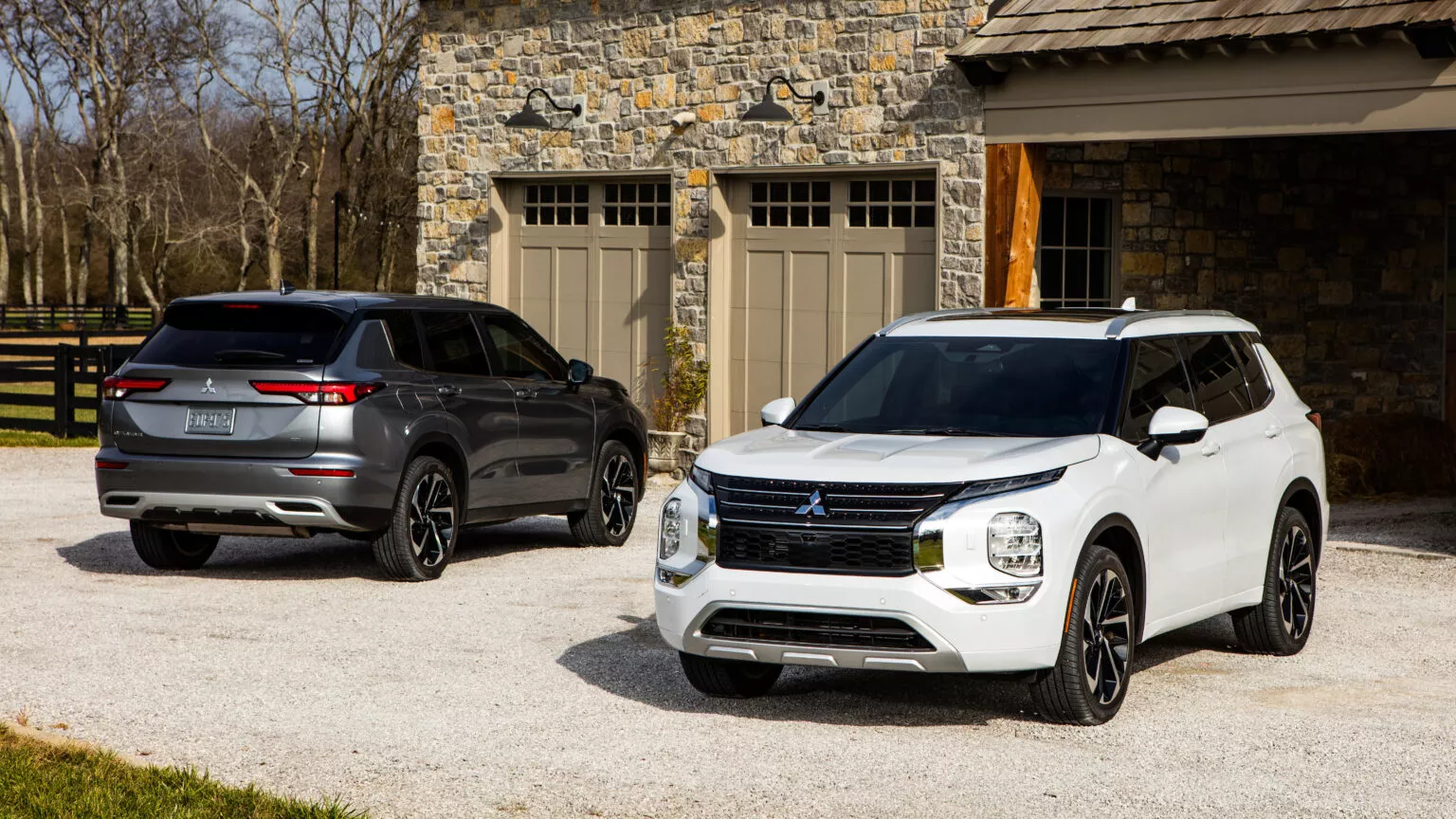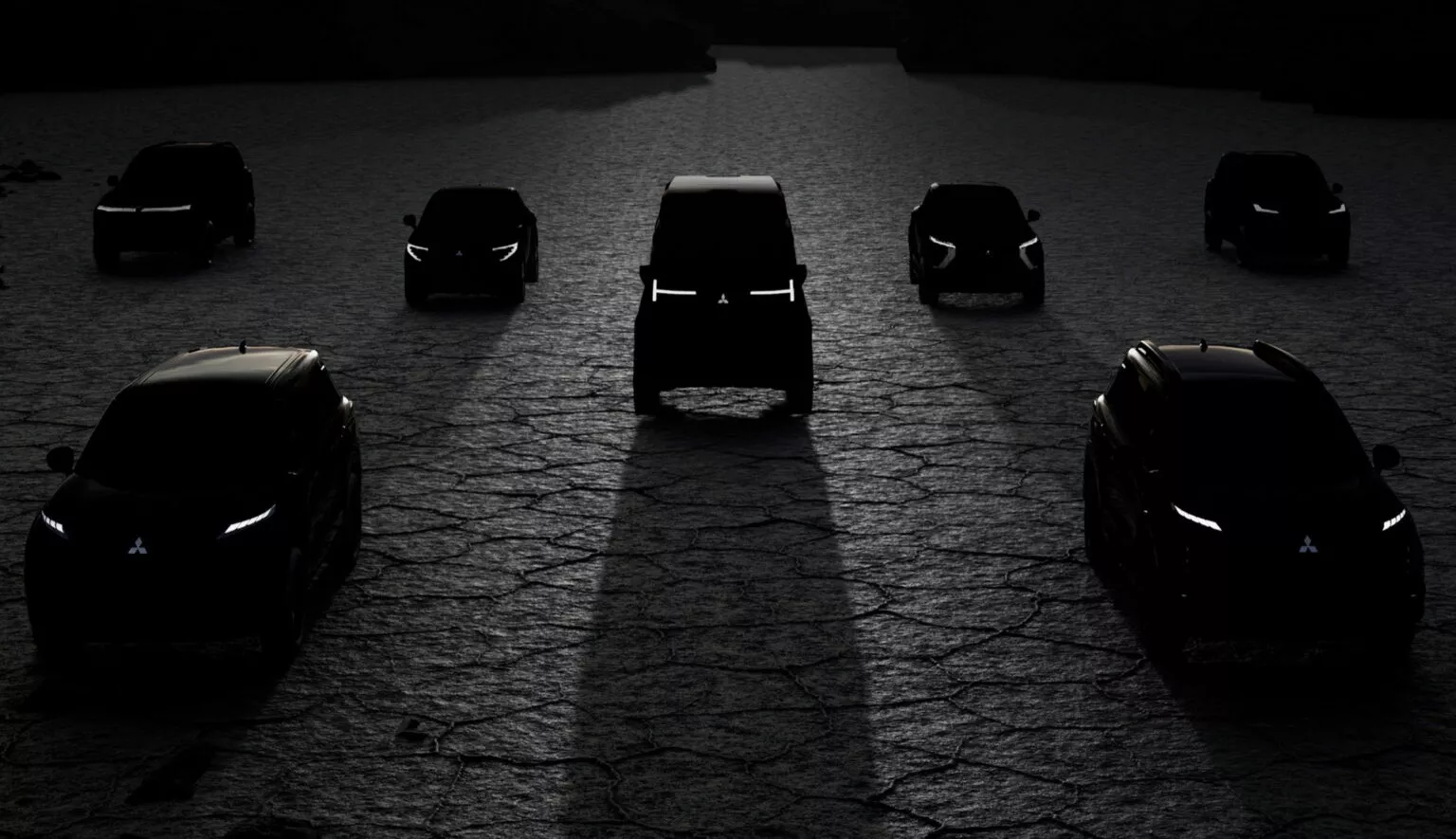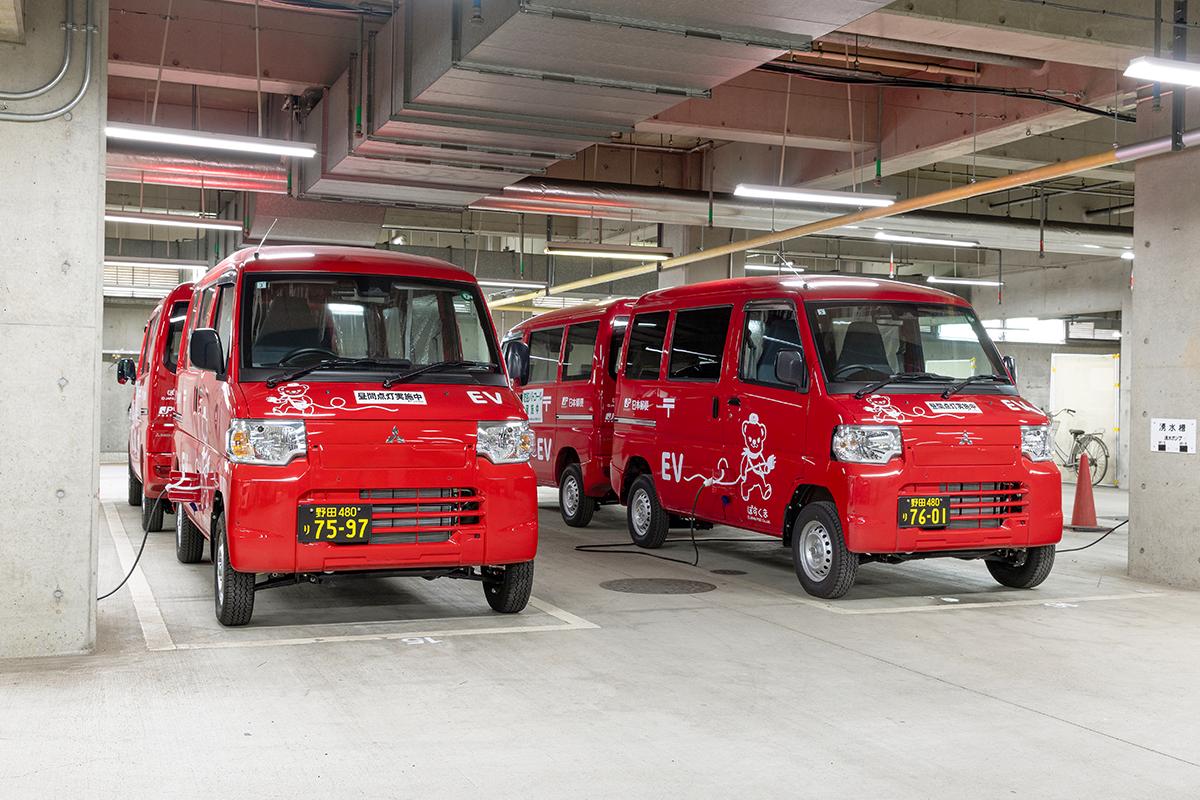Indonesia’s Industry Ministry announced on Wednesday that Mitsubishi Motors, a prominent Japanese car manufacturer, is in the process of finalizing a substantial investment of 5.7 trillion rupiah (approximately $375.25 million) slated for 2024. The investment is aimed at expanding its production capacity within the Indonesian market.
In line with this commitment, Mitsubishi Motors aims to raise its annual production capacity to a formidable 250,000 units by the year 2024. Additionally, the company has plans to commence the production of the Minicab-MiEV battery electric vehicle at its Indonesian plant before the close of the present year. The move signifies Mitsubishi’s growing inclination towards embracing the electric vehicle (EV) segment.
See also: Indonesia discusses electric vehicle related investments with Ford, Hyundai
Indonesia, recognizing the transformative potential of EVs, has been actively providing incentives to attract investments in the EV production domain. The government’s deliberations to potentially waive import duties and value-added taxes on completely built up (CBU) EVs for companies investing in domestic EV manufacturing facilities are indicative of the nation’s commitment to fostering a robust EV ecosystem. Industry Minister Agus Gumiwang Kartasasmita expressed optimism that these measures, if enacted, could stimulate both investments and consumer interest in EVs.
Notably, Mitsubishi Motors’ representatives from its Tokyo headquarters held discussions with Minister Agus on Wednesday, though the specifics of their talks remain undisclosed.
Parallel to its expansion plans in Indonesia, Mitsubishi Motors is also venturing into the production of hybrid vehicles in Thailand. This development marks a significant milestone for the automaker, as it would be the first instance of Mitsubishi producing hybrid vehicles outside of its domestic market in Japan. However, the company refrained from commenting on this reported initiative.
See also: Hyundai Mobis Commences Construction of Electric Car Battery Plant in Indonesia
Japanese automakers, including Mitsubishi, have faced challenges in the Chinese market, prompting them to seek opportunities in other Southeast Asian markets. In Thailand, Mitsubishi’s retail and wholesale sales have seen a decline, recording 17,000 units during the recent three-month period compared to 25,000 units in the same period a year earlier.
Mitsubishi’s concerted efforts to expand production and explore the EV and hybrid segments underscore its determination to remain competitive in the evolving automotive landscape. The company’s strategic investments align with the broader industry trend towards sustainable and innovative mobility solutions.

